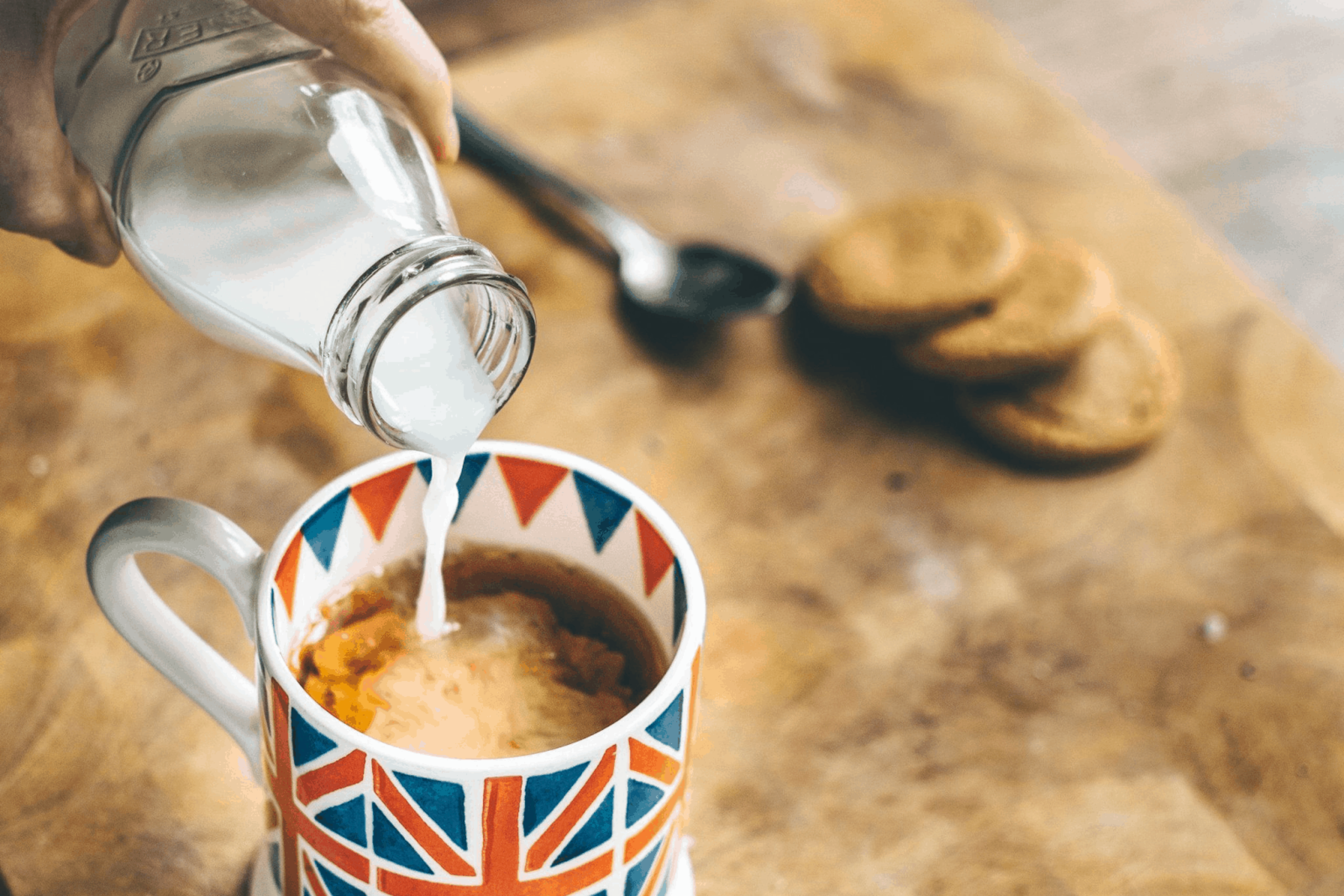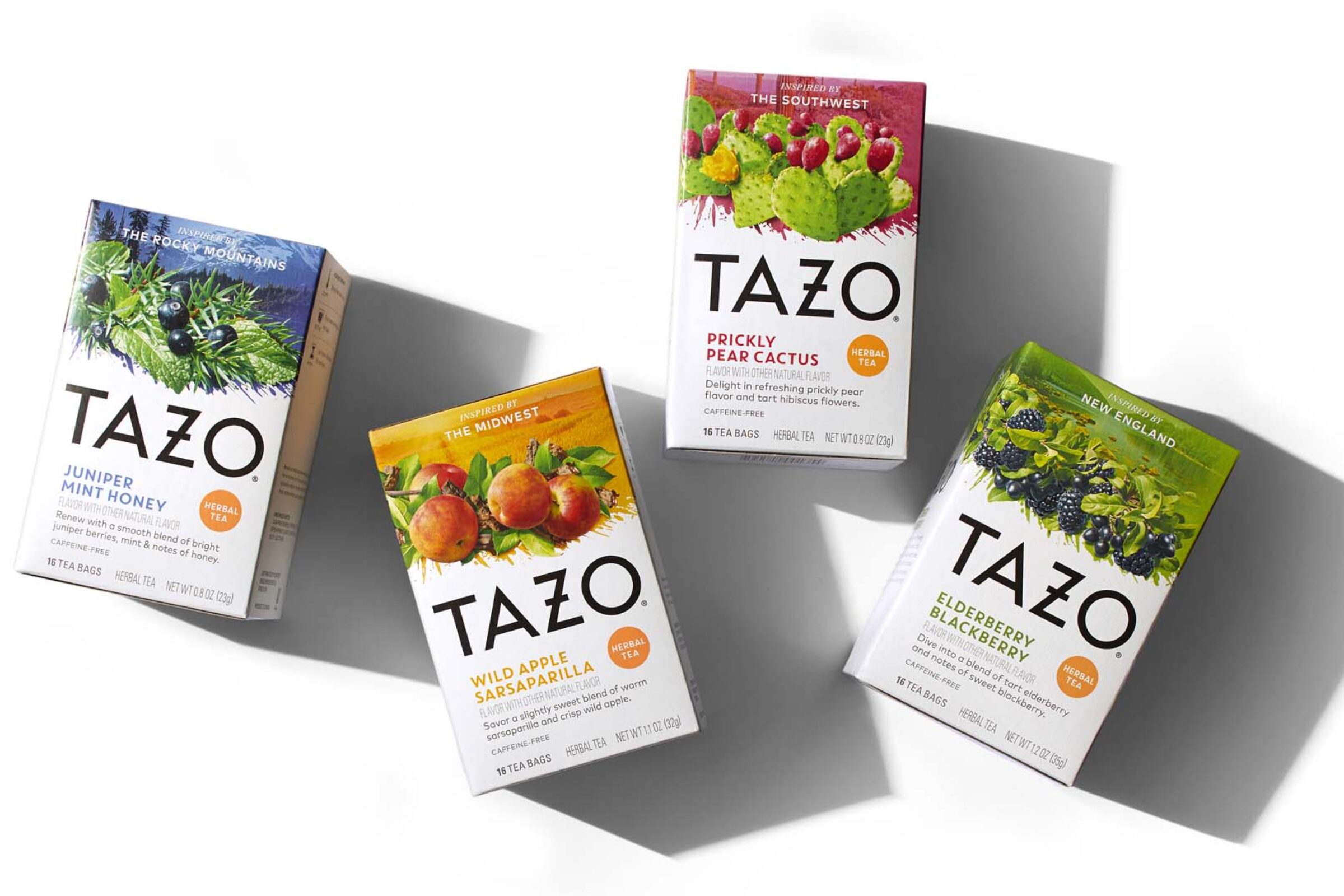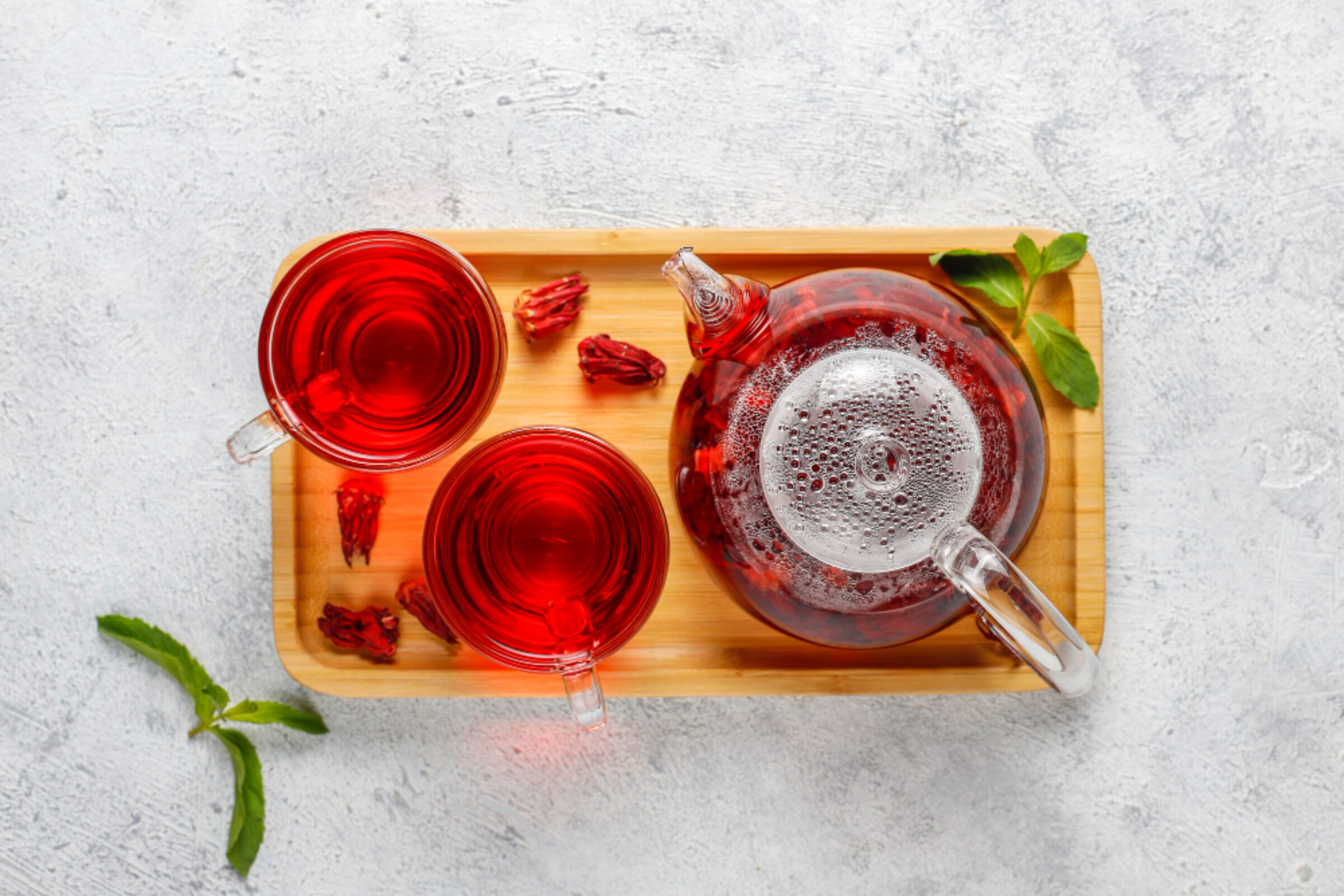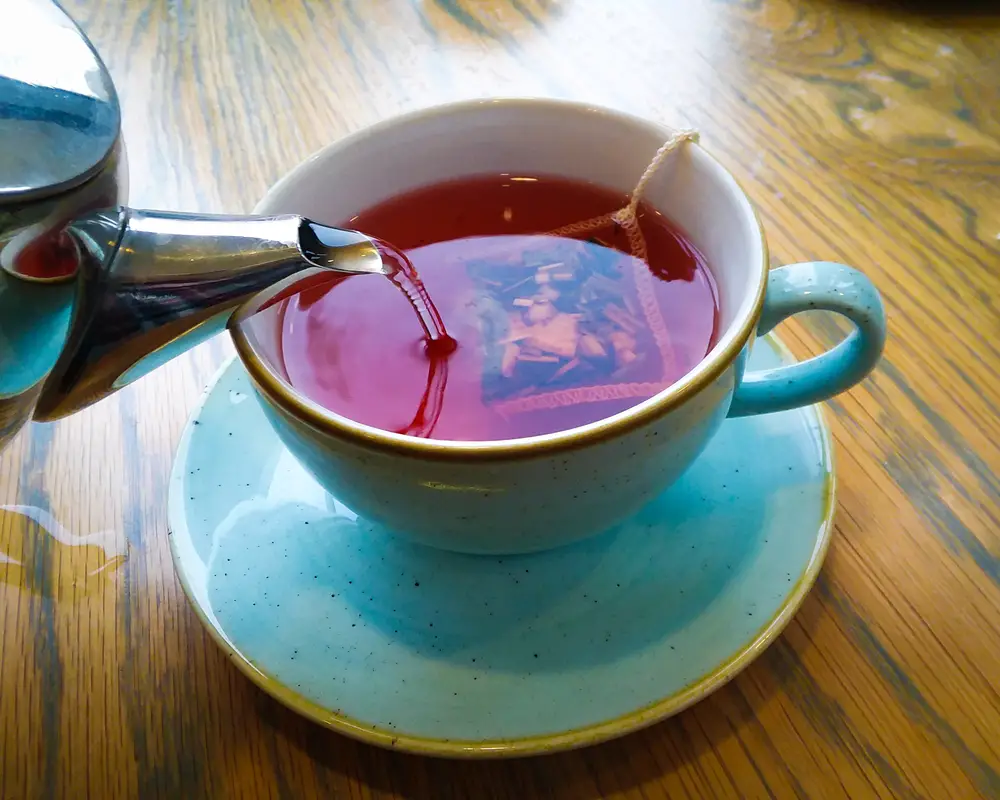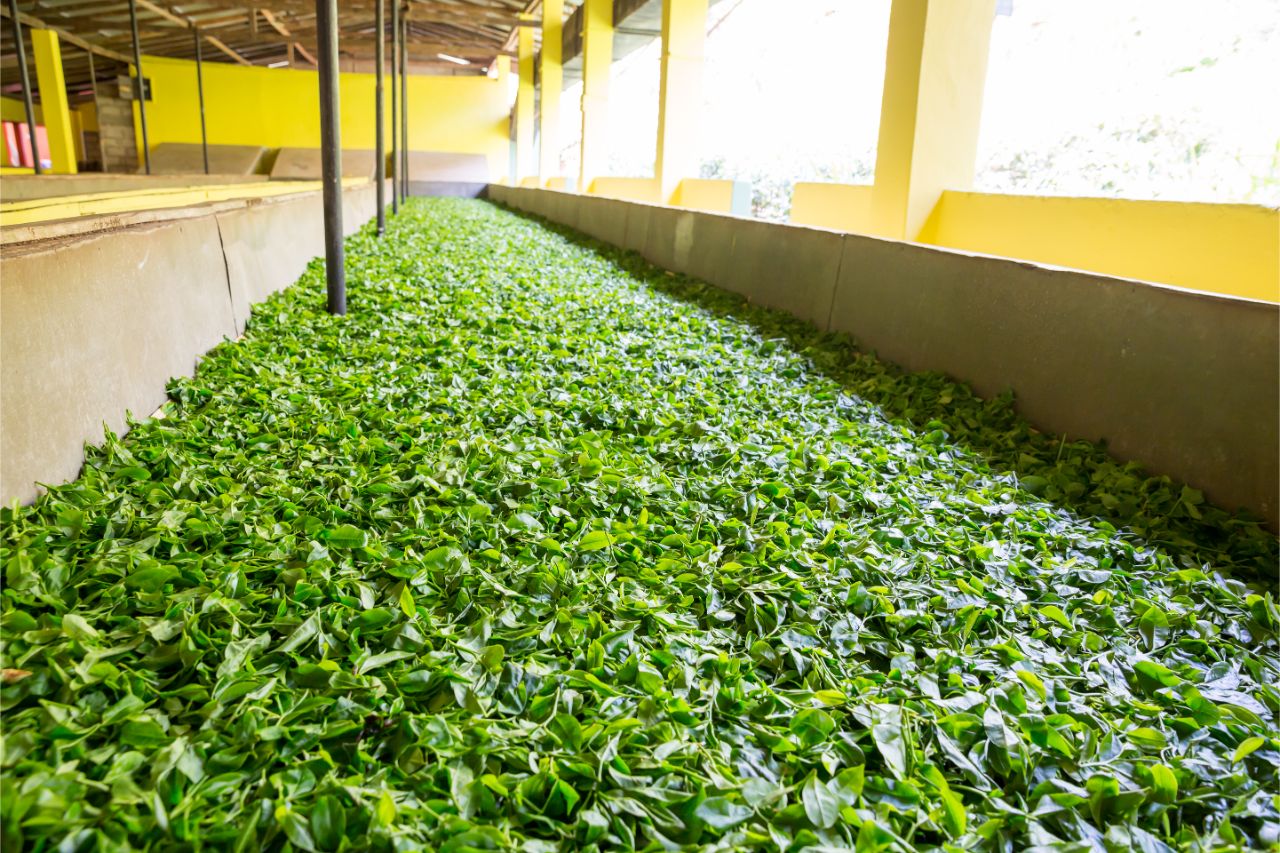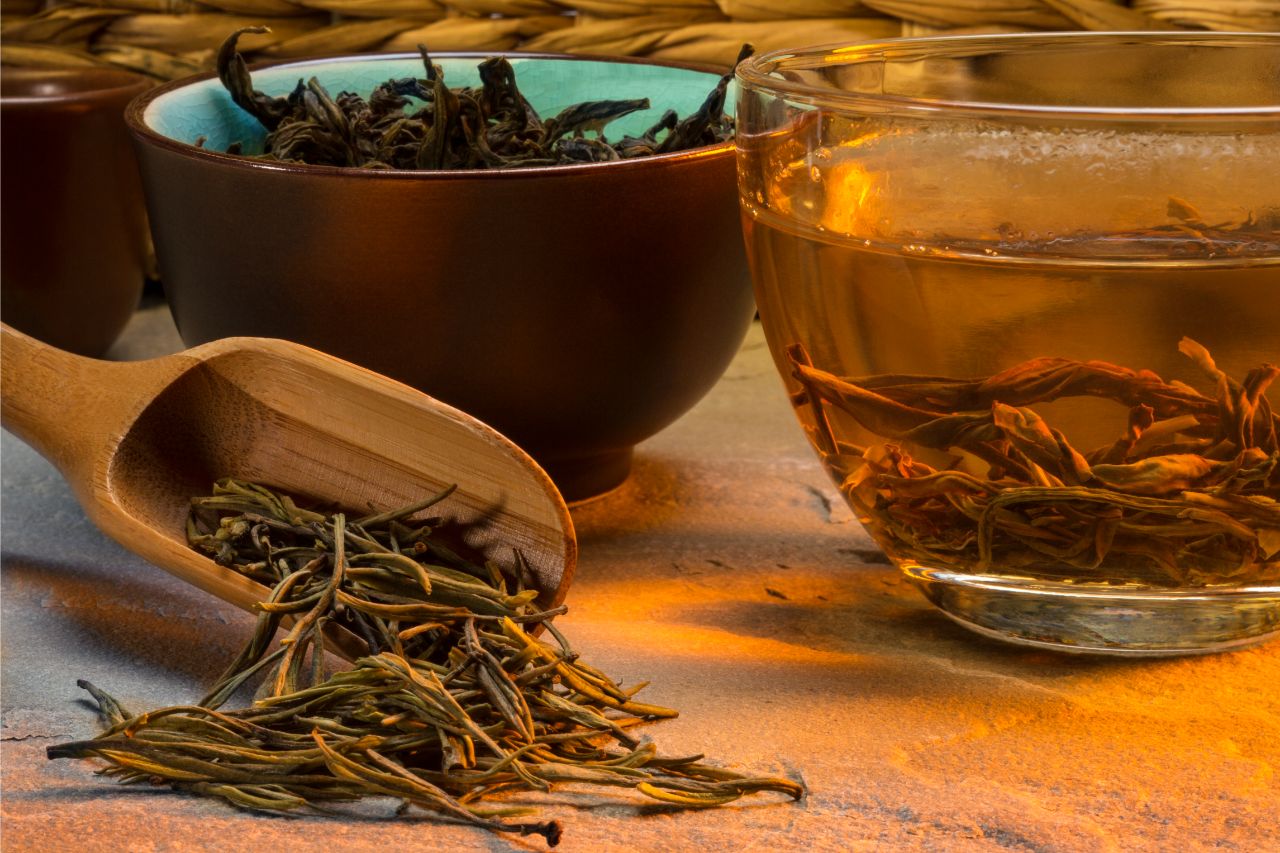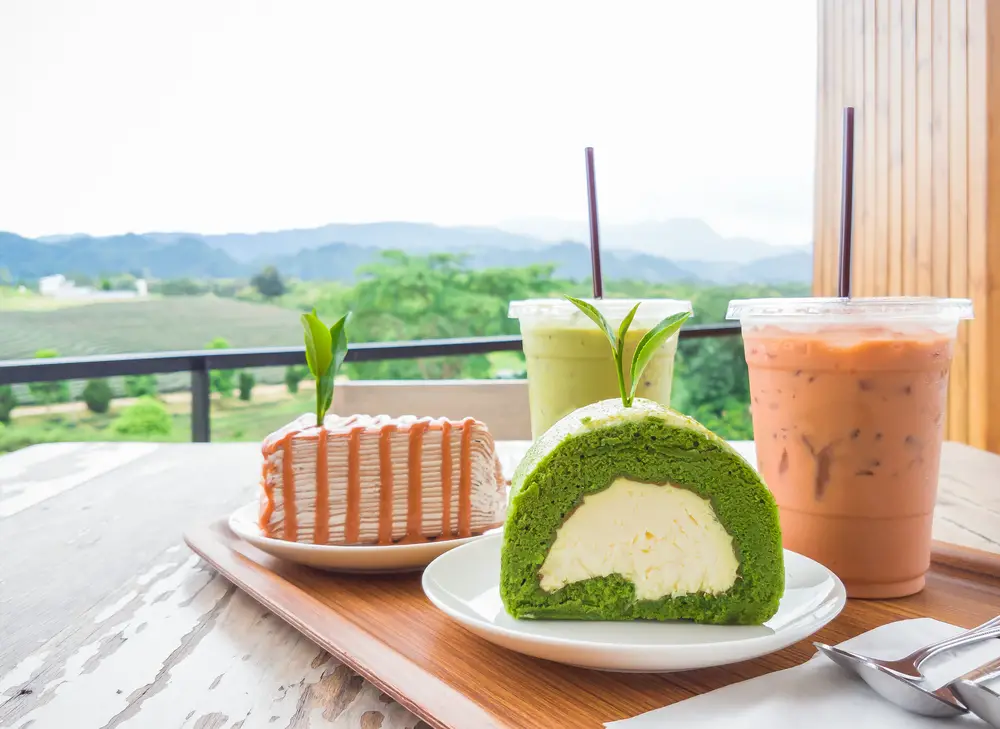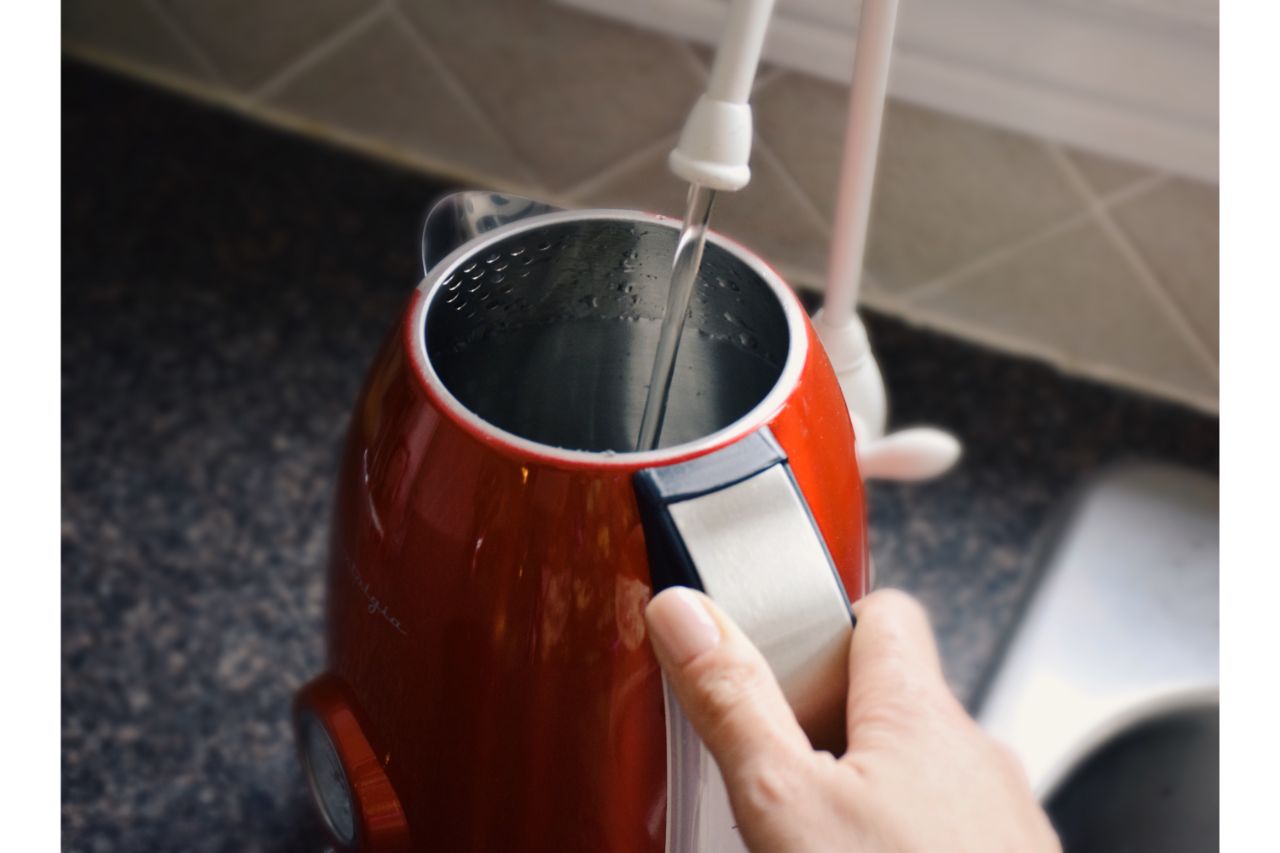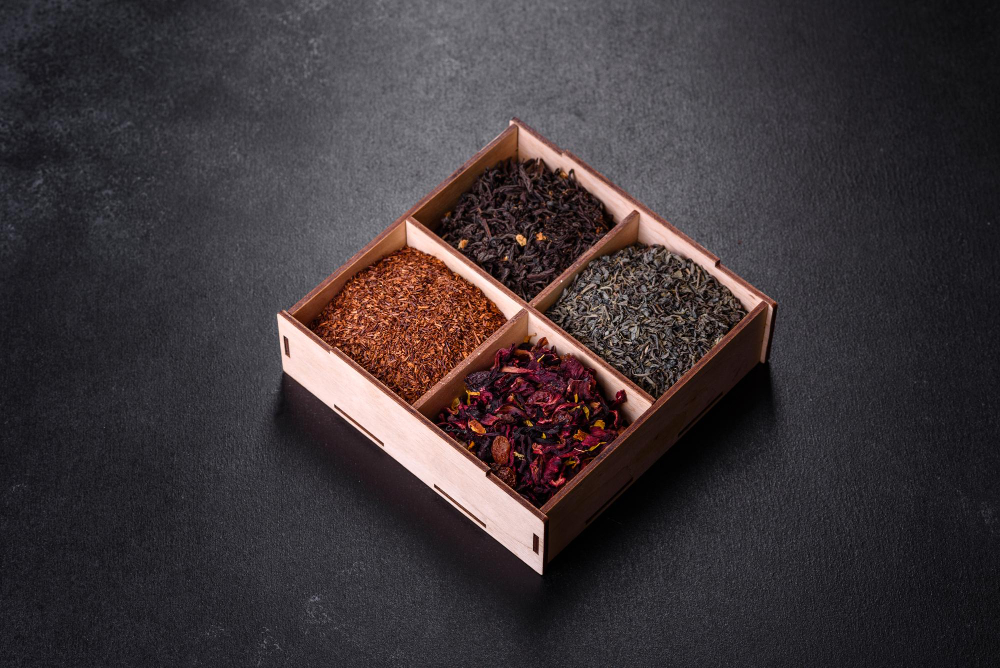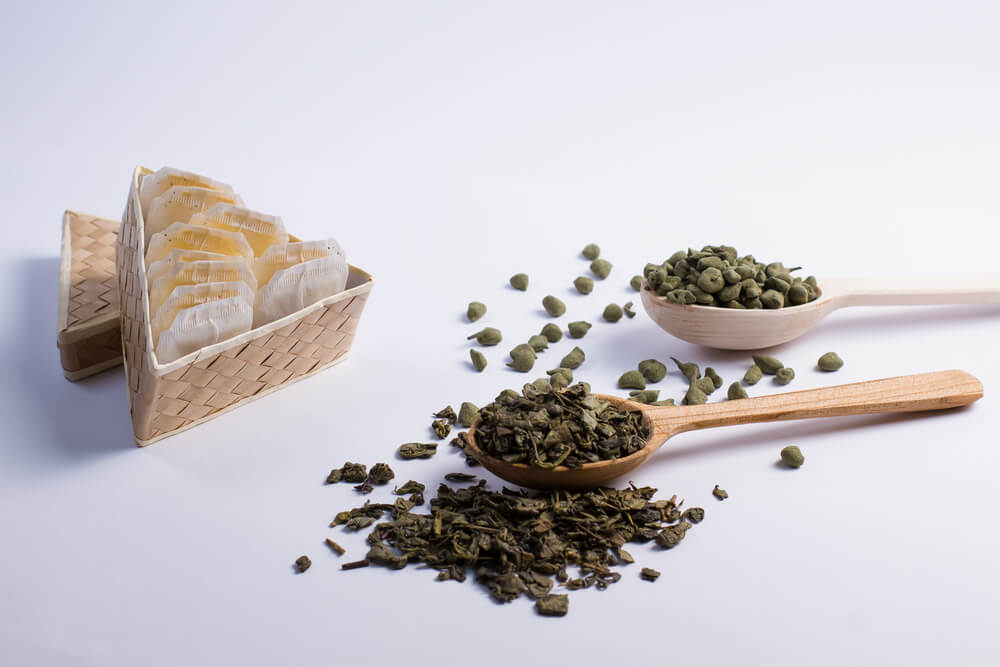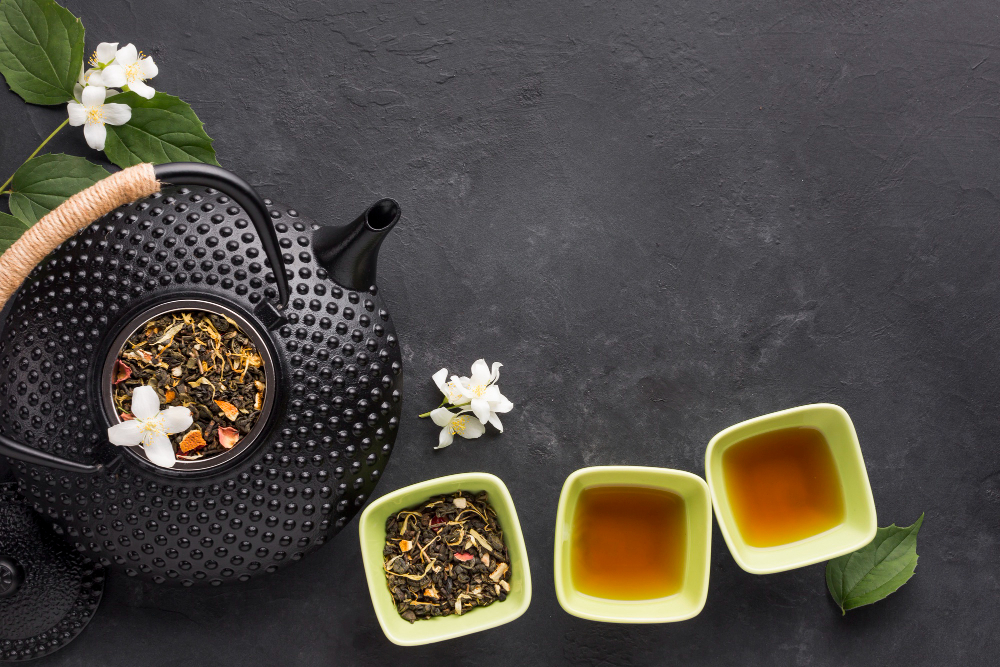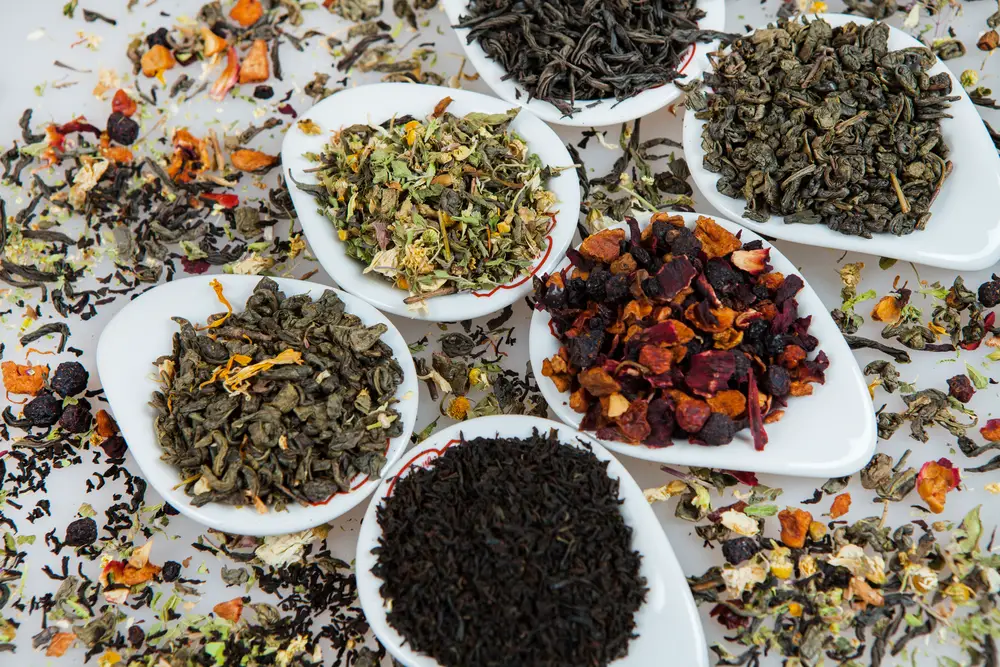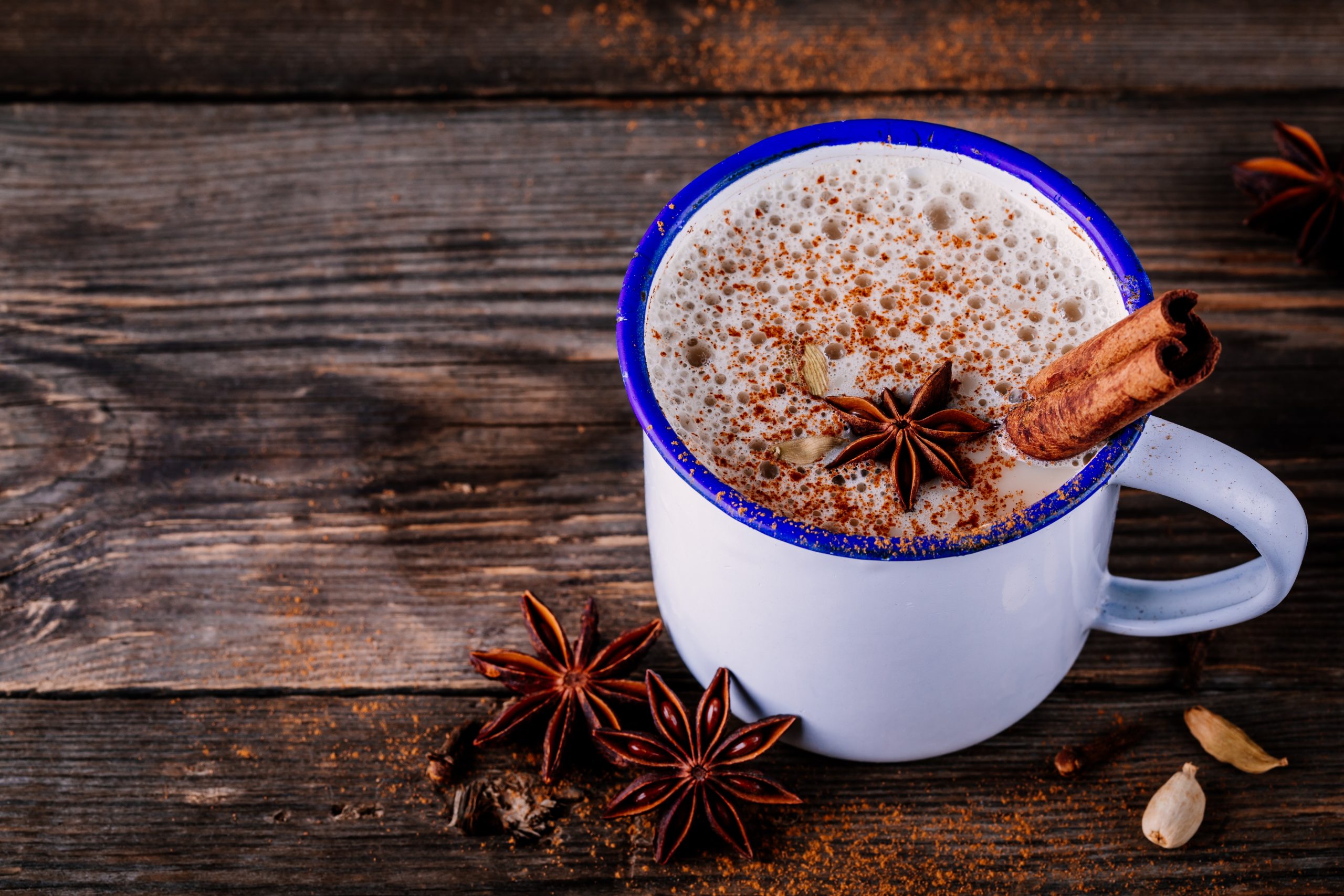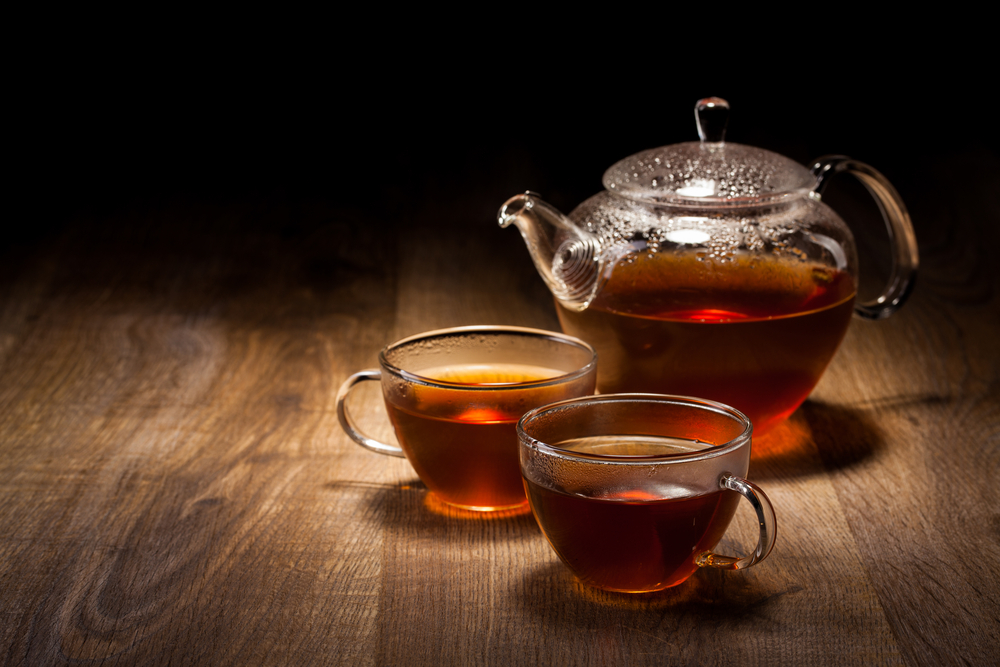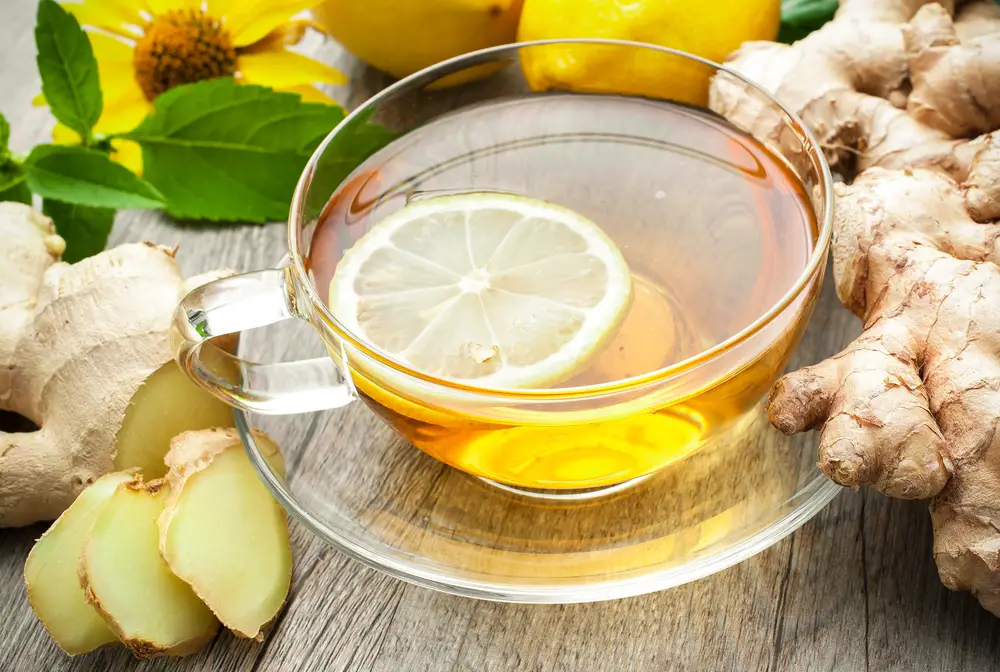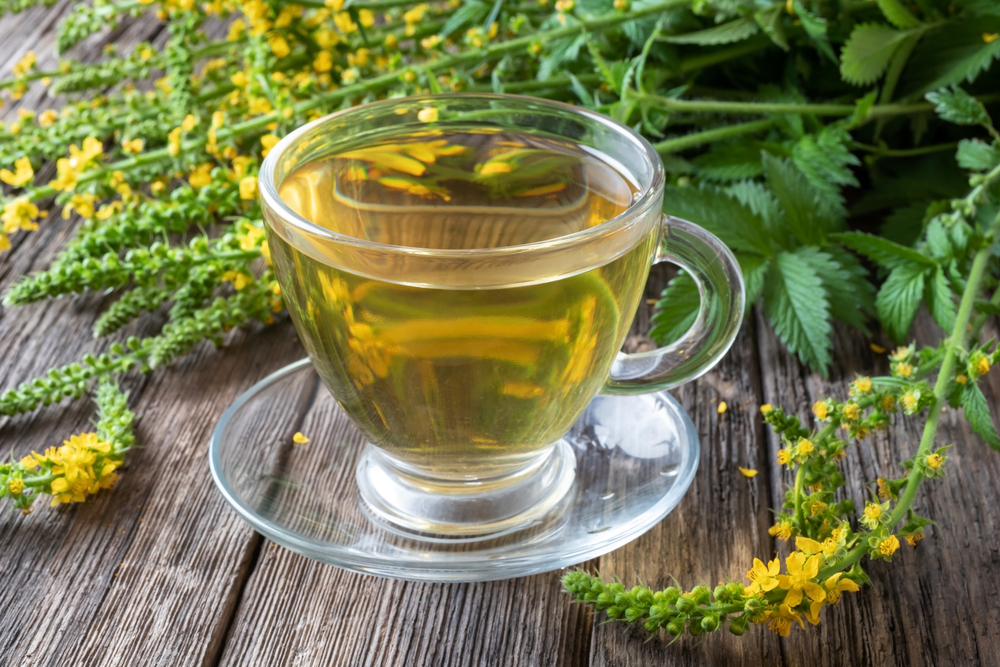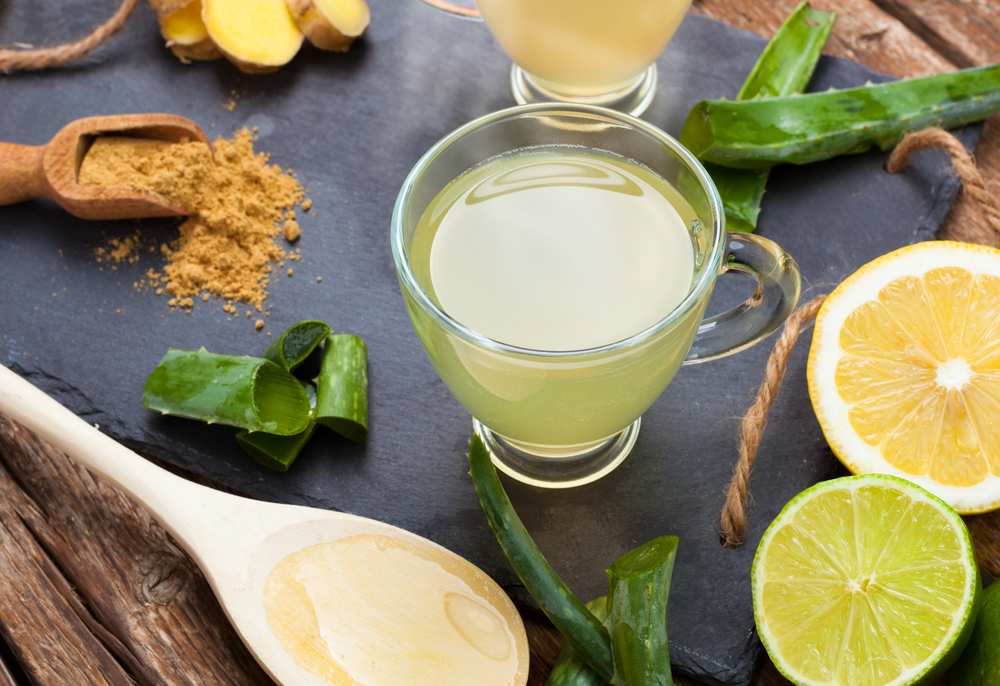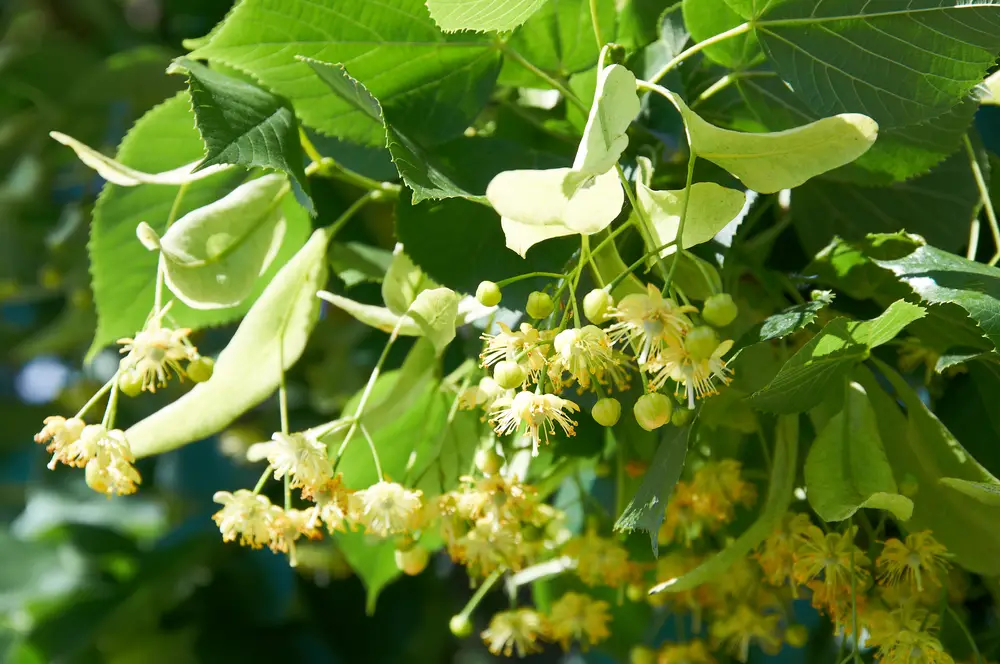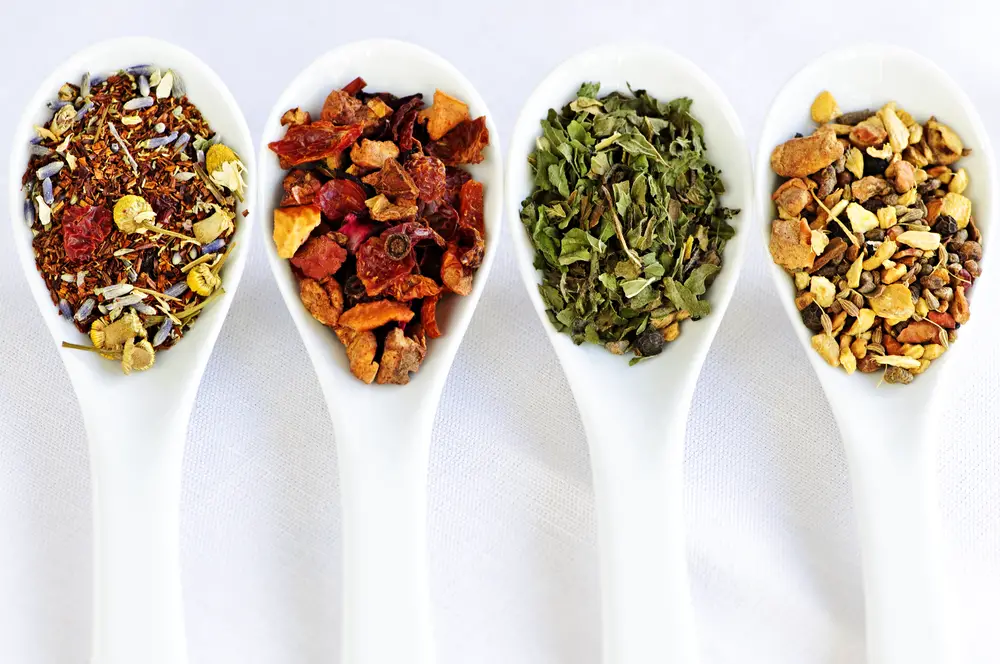FEATURED ARTICLES
7 Best English Tea Brands of 2022 (Let’s Drink)
You’ll be hard-pressed to find someone who isn’t a fan of English tea or English breakfast tea. Let’s check out…
Tazo Tea Flavors: 5 of Their Most Superior Sips!
There are so many beautiful Tazo Tea Flavors. We’ve tried a lot of what Tazo has to offer, but there…
19 Types of Flower Tea You Should Grow In Your Garden
You can, indeed, make tea from just about anything. “Traditionally” tea refers to the drink made from the Camellia sinensis…
LATEST ARTICLES
How to Make Peach Ice Tea – Easy, Fun Recipe
Are you looking for a delicious summertime beverage? Do you want to make something unique and special for your family or friends? If so, then this blog post is for…
How To Make a Cup of English Tea – Perfectly, Every Time.
I often cringe when I see someone throw a tea bag on top of the water that has been boiled and sitting for a minute or two, then carelessly splash…
How Is Tea Made? (Really)
Many people have asked me this question, so I thought the decent thing do was to have a cup of tea and then explain the process. How is tea made?…
What Does Green Tea Taste Like?
Antioxidants and good looks are only just the start of this beautiful tea. So, what does green tea taste like? Green tea can taste earthy, sweet, toasty, buttery, and somewhat…
What Does Thai Milk Tea Taste Like?
Who doesn’t like Thai milk tea? Sure it isn’t a traditional tea, but it does have tea in it. So, what does Thai milk tea taste like? Thai milk tea…
How To Clean A Tea Kettle
How to clean a tea kettle: you can clean a tea kettle using common household items like vinegar and lemon. Cleaning methods vary, depending on the material of the kettle you…
8 Rooibos Tea Health Benefits You Need To Know
Rooibos tea’s health benefits are abundant and start with its many antioxidants. With a distinctive red color and an even more distinctive name, red rooibos tea (pronounced Roy-boss) is Afrikaans…
Does Tea Expire? How Long Does Tea Last? Really?
Does Tea Expire? How long does tea last? The answer is Tea lasts for 6 – 12 months in the pantry and 1 -2 years in the freezer. Many tea…
The Best Jasmine Green Tea: a Garden In a Tea-Cup
If you knocked on a door in northern China, it would not be unusual to be greeted with a cup of steaming of the Best Jasmine green tea, or as…
Let The Debate Begin! The Best Tea Flavors For Each Type of Cuppa
Now, it’s probably quite clear that we love a cup of tea… but which ones have the best tea flavors? Let’s get personal! Well, for us that’s almost like choosing…
Best Chai Tea? Let’s Take a Sip and Find Out!
So what is the best Chai Tea, you ask? Before diving in, let’s first clarify what “Chai “is. Chai is a delicious and fragrant blend of spices, black tea, and…
Best Oolong Tea: A Journey With the “Black Dragon”
If you’re a tea lover itching to make new discoveries on your tea-drinking journey, or simply need some oolong guidance, sit back and relax (with a cup of tea, of…
10 Best Ginger Teas in 2022, It’s Brew Time!
There’s nothing quite like a cup of fresh ginger tea if you’re looking for something to warm you up, wake you up, or improve your general well-being. It’s time to…
Agrimony Tea – What is it & Why Drink it?
So what is Agrimony tea, and why would anyone drink it, let’s dive in! Agrimony (Agrimonia eupatoria) is a hardy, perennial flowering plant or shrub part of the rose family….
Joe Rogan Tears Into “Bulletproof Coffee” For Making False Claims
So this whole “bulletproof” thing has been around for a few years now, and for much, much longer than that if you look at the idea of putting fats and…
Aloe Vera Tea: The Many Benefits of this Succulent Steep
When we think of Aloe Vera, our minds immediately conjure up an image of the famous succulent and its healing gel, specifically regarding soothing burn wounds. However, did you know…
Top 5 Linden Flower Tea Benefits
So what is this mysterious Linden flower, and what are the Linden Flower Tea benefits? Linden flower, otherwise known as the European Linden tree, Lime or Basswood, its leaves make…
7 Best Teas for Anxiety, Time To Sip
One of the great benefits of tea is the ability to relax frazzled nerves by creating a warm and soothing moment, and these particular herbal teas for anxiety and stress…

